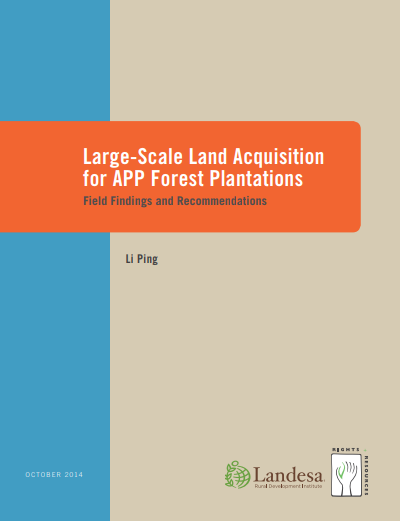Unleashing the potential of family farming
Converting from subsistence to market-oriented farming can increase income. Thanks to the ’Enabling Rural Innovation’ approach, family farmers in Uganda and Tanzania have succeeded in improving production and fetching better prices for their produce while safeguarding food security and sustainable management of natural resources. The recipe for success is that farmers take the development process in their own hands.






